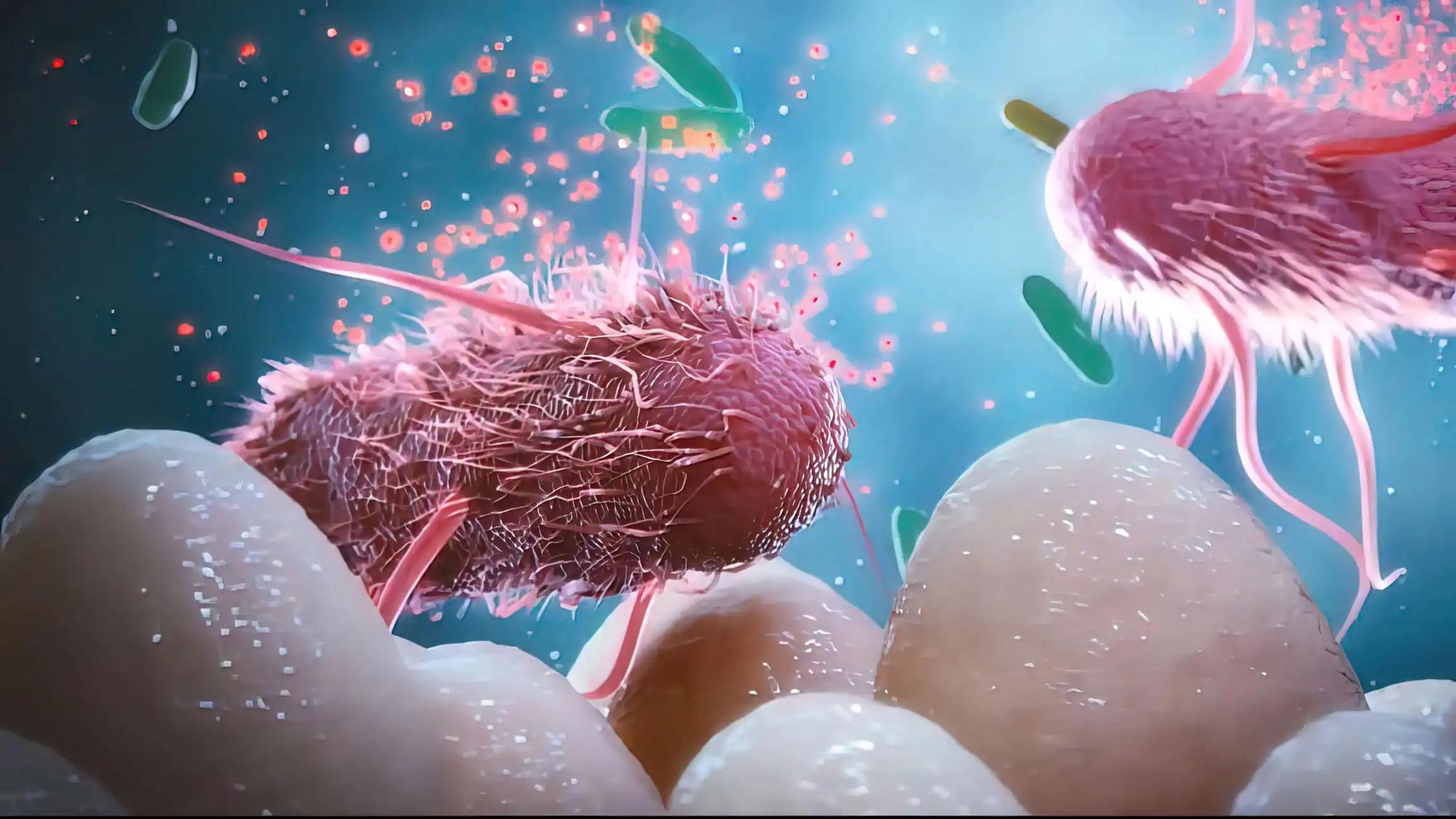KEY TAKEAWAYS
- The iSCORE Phase II trial aimed to investigate genetic mechanisms of AR in mCRC patients following EGFRab and chemotherapy.
- Investigations revealed deep WES highlighted more AR mutations than ctDNA alone, suggesting diverse resistance mechanisms.
Anti-epidermal growth factor receptor antibodies (EGFRabs) like cetuximab and panitumumab are effective for treating RAS/RAF wild-type (wt) metastatic colorectal cancer (mCRC). Acquired resistance (AR) to these treatments often happens due to genetic aberrations (GA) that reactivate the RAS/RAF pathway. However, previous trials suggest that AR develops differently when EGFRabs are used with chemo- compared to monotherapy.
Rosemary Lane and team investigated genetic AR in biopsies of patients with mCRC who progressed on combined EGFRab and chemotherapy, shedding light on potential differences in treatment outcomes and resistance patterns.
In this trial, patients with left-sided and initially RAS/RAF wt mCRC provided biopsies after their cancer progressed on first-line EGFRab and chemotherapy. Whole exome sequencing (WES) was performed on 17 of these biopsies, achieving a median depth of 465x.
The results revealed that GAs that activate the RAS/RAF pathway were found in 7 out of 17 biopsies (41%). Among these, 3 (18%: 2 KRAS Q61H, 1 BRAF V600E) were clearly acquired, as the affected genes were wt at diagnosis. KRAS G13H was present at diagnosis in one of the four other GAs but went undetected due to assay limitations.
The remaining 3 (MEK1 K57T, ERBB2 S310F, ERBB2 amplification) were in genes not sequenced at diagnosis. Researchers further sequenced these biopsies to determine whether the GAs were already present before treatment or if they were acquired during or after treatment. No subclonal hotspot mutations (MTs) in other RTKs or RAS/RAF genes were detected, even at a 1% variant allele frequency.
The study concluded that deep WES identified more AR MTs than ctDNA analysis alone, suggesting alternative resistance mechanisms. Also, the biopsy-based analyses provided valuable insights into EGFRab resistance beyond just genetic alterations.
The trial was sponsored by the Royal Marsden NHS Foundation Trust.
Clinical trial: https://www.clinicaltrials.gov/study/NCT03867799
Lane R, Mencel J, Turkes F et al. (2024). “Acquired resistance to first-line chemo- and EGFRab-therapy in mCRC: Biopsy analysis of the iSCORE trial.” Presented at ESMO GI 2024. (124P)



